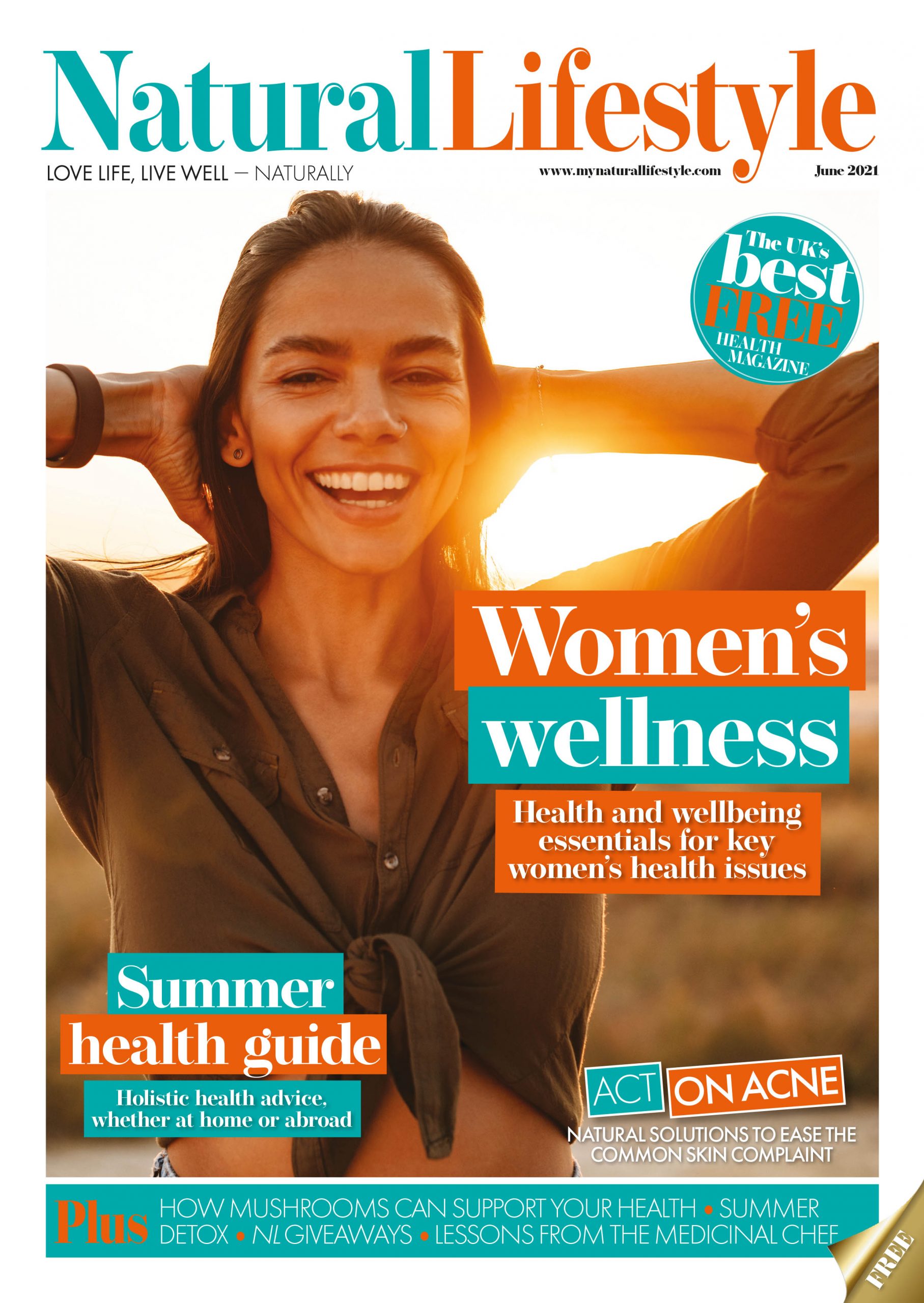Life has changed so much for so many of us, and although we are taking steps out of lockdown, returning to the lives we once knew will take time.
In light of this, Suzie Sawyer, Clinical Nutritionist and expert advisor to the Health Food Manufacturers’ Association (HFMA) has shared her top tips for staying healthy and managing stress after lockdown:
- Get back to the gym: “For a lot of people, going back to the gym to work out will be welcomed, but it should be done with caution, and when it’s safe to do so with social distancing measures in place. Take it slow and steady to allow your body to get used to your old workout routine to safely avoid injury. For extra nutritional support while working out, there are many supplements that you can consider, such as a multi nutrient for all-round nutritional support, B vitamins to help energy production and antioxidant minerals,” Suzie explained. “Collagen is great for muscle recovery after long periods of exercise and is also important for helping to maintain healthy joints and ligaments. Vitamin C is important for collagen formation, so this nutrient is also essential for the health of the joints, muscles, tendons and ligaments. Electrolytes are another useful way to support your training regime. These work by replacing the water and electrolytes that you lose when sweating during physical activity, giving you the essential nutrients such as sodium, chloride and potassium, which your nerves and muscles need to function healthily.”
- Keep your vitamin D levels up: Suzie advised: “Due to the increased time many people have been spending indoors, the Government has advised that everyone should take a vitamin D supplement daily, of 10mcg, to ensure they are getting enough of this nutrient. Once lockdown has been lifted, and people are allowed to spend increased amounts of time outside, it’s still important to keep taking a supplement to keep those vitamin D levels topped up, to help safeguard against deficiency.”
- Re-focus on food: “Lockdown has meant that the nation has formed many new eating habits and many people have found themselves having more time to prepare home cooked meals and to experiment with new recipes with their family. Being indoors with food more readily available might have led to frequent snacking and a level of ‘comfort eating’,” Suzie suggested. “Once lockdown is lifted, some may find that life once again becomes hectic. It’s easy to fall back into old habits and become reliant on convenience food that is quick and easy to prepare in between the school runs or working. Healthy meals can be quick and easy to prepare and, if you’re struggling for inspiration, there are plenty of social media accounts or blogs with interesting ideas to help you and your family get more involved in preparing and cooking healthy meals.”
- Keep calm and carry on: Suzie explained: “Adjusting to life after lockdown may create unwanted stress, causing bad sleeping habits and not enough rest. Keeping stress levels down can be done naturally by getting an adequate amount of sleep and taking some time out of your day to practice self-care. In order to help manage stress, herbal teas can be used for keeping calm and reducing anxiety. With a long history of being used to support stressful times, there are a number of herbal products that help to soothe, including chamomile tea. Other notable herbal products to try are those containing lavender, passiflora and hops. Other natural forms to help manage stress can be found in B vitamins. Research has shown that intakes often fall when people lack motivation to cook and prepare healthy meals. Foods rich in B vitamins include legumes, wholegrains, meat, eggs and dairy products.”


